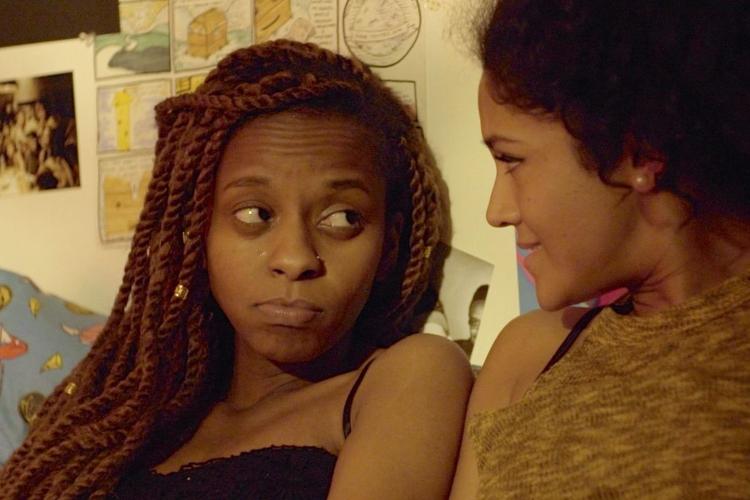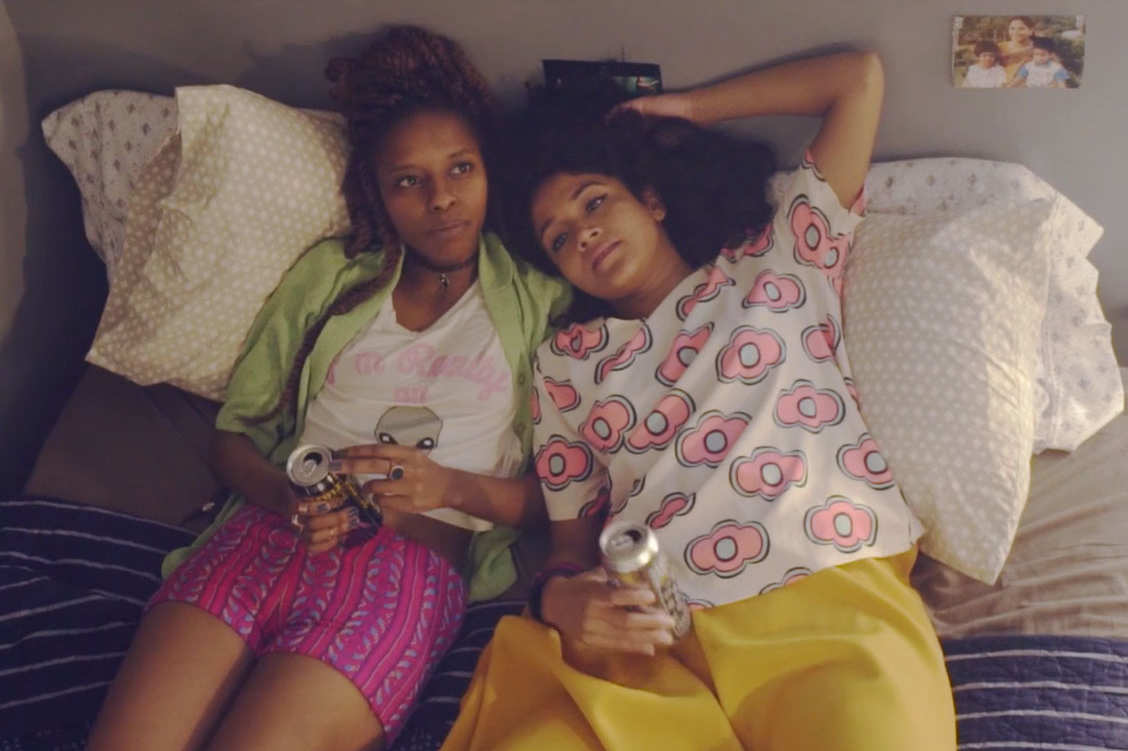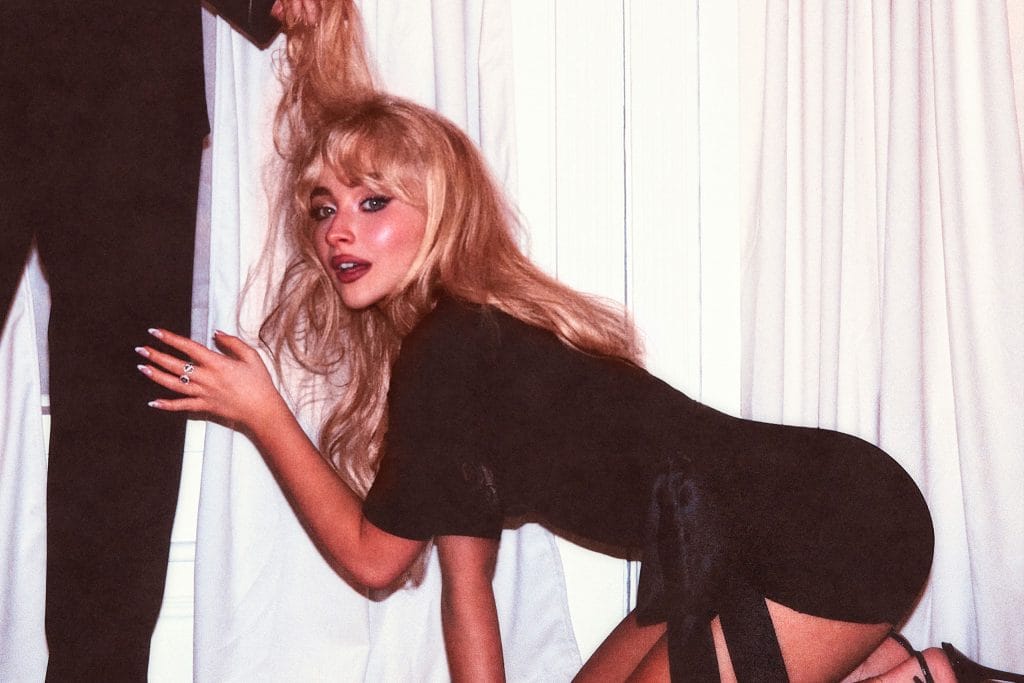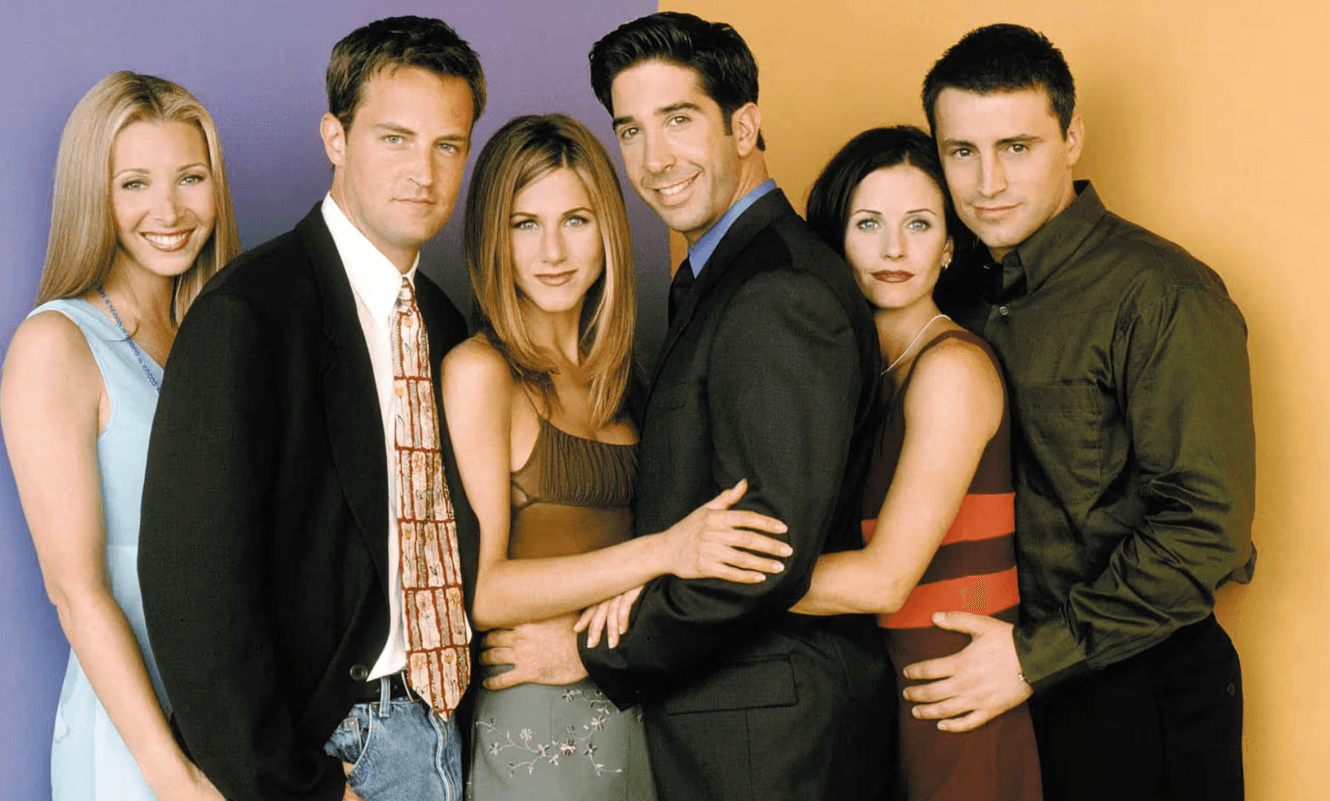Brown Girls, created by Fatimah Asghar (writer) and Sam Bailey (director), is a comedy/drama web series revolving around the lives of Leila (played by Nabila Hossain) and Patricia (played by Sonia Dennis), friends and flatmates, in the city of Chicago where they struggle to pursue their dreams of becoming a writer and singer, respectively. The series consists of 7 short episodes of 10-20 minutes each, and here’s why it is the ideal pick for your next binge watch.
It is not a surprise that popular culture, for the longest time, has been completely hegemonised by white, cishet representation. However, things have undergone quite a positive change recently, and Brown Girls sure is a fresh breath of air, adding on to the list of shows with honest, diverse representation executed beautifully and with nuance. The two protagonists are unapologetic of their ethnic and religious identities while simultaneously trying to make sense of who they really are as individuals.
Brown Girls sure is a fresh breath of air, adding on to the list of shows with honest, diverse representation executed beautifully and with nuance.
While Leila is shown as a Muslim woman trying to grapple with her sexuality, Patricia is an African-American woman who is looking for security and stability in her personal and professional life. While trying to steer through everyday obstacles, both of them stand by each other at any cost, and that in my opinion, is what scores the most brownie points for the show.

We have seen countless sitcoms where strong female friendships also casually include women turning against each other (case in point: F.R.I.E.N.D.S., for example, where it also adds on to the problematic humour of the show). However, Brown Girls puts forth the absolute necessity of intersectional female solidarity in faces of distress and otherwise. Be it in the club when Leila punches an ex-girlfriend’s date or in casual conversation with her sister, there are moments where we see Patricia and Leila stand up for and by one another. Such moments are heartwarming, to say the least, and to capture such a powerful dynamics in less than 105 minutes of screen time is a commendable job, which the creators execute with ease.
In an interview with TeenVogue, Fatimah has also mentioned that the show is, in fact, loosely based on her own friendship with musician Jamila Woods- which perhaps makes the story all the more real.
Also read: Why You Need To Be Watching Netflix’s Dear White People
The episodes deal with very relevant issues ranging from changing family dynamics, coming out of the closet, cultural expectations, to the perhaps most recurring one – what love means, especially amidst the constant dilemma of loneliness and commitment. Brown Girls puts forth the absolute necessity of intersectional female solidarity in faces of distress and otherwise.

A supporting character, Victor (a male friend of Leila and Patricia, played by Rashaad Hall) is also shown to face most of the issues the girl are facing, and the three of them navigate their lives together with mutual promises of being a part of the Single Girls Forever club but also act as realistic checks on each other (through the intervention scenes, for example) without bringing each other down- which is another phenomenon seen on women-centric dramas very often (most recent example of which being the Amazon Prime original Four More Shots Please).
Race, religion, ethnicity, and sexual orientation are seamlessly merged to create the characters, which is the reason why they do not become textbook examples of how a queer person or a woman of colour should ideally be.
The characters are real, and they are flawed. It is never indicated that they are perfect despite their flaws. Rather, what is beautiful about the undertone of the series is that it states how it is only very obvious to be flawed. Rather than glorifying the ‘strong despite broken’ narrative, the series gives the girls space to just be themselves and exist freely without passing a moral judgement on how perfect their narratives are.

I love how the show also deals with important themes like racism and Islamophobia. A few scenes which stood out for me would definitely be the ones where Patricia states how just being a person of colour does not necessarily means one cannot be a racist, or where Leila casually mentions how saying ‘Muslim things’ at work would make her look suspicious in front of others.
Race, religion, ethnicity, and sexual orientation are seamlessly merged to create the characters, which is the reason why they do not become textbook examples of how a queer person or a woman of colour should ideally be. Instead, they are jealous, afraid, possessive, and insecure, which makes them shockingly real (without being cinematically messy), relatable, and really powerful voices. In short, they are exactly the kind of people we would love to see more on screen.
Also read: Brooklyn Nine-Nine Is What TV (And The World) Should Look Like
Watch Brown Girls right away because such wonderful intersectional feminist narratives are difficult to chance upon; watch Brown Girls right away because it will really stay with you for a long time.
All seven episodes can be streamed on Vimeo.
Featured Image Source: Vulture
About the author(s)
Ekata is an intersectional feminist. Literature and cinema enthusiast. Puts the pro in procrastinator.




